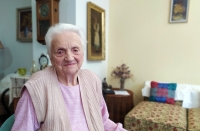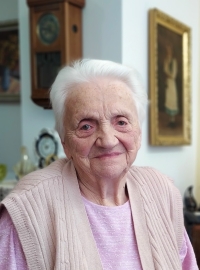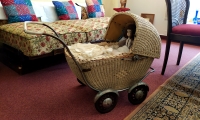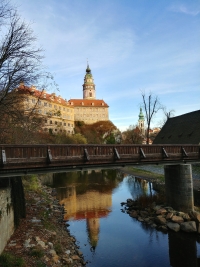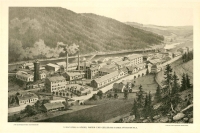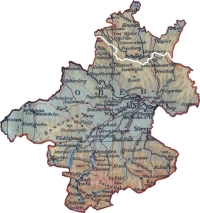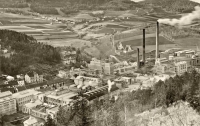The Russians were worthless. After the war, they tried to rape me in the park
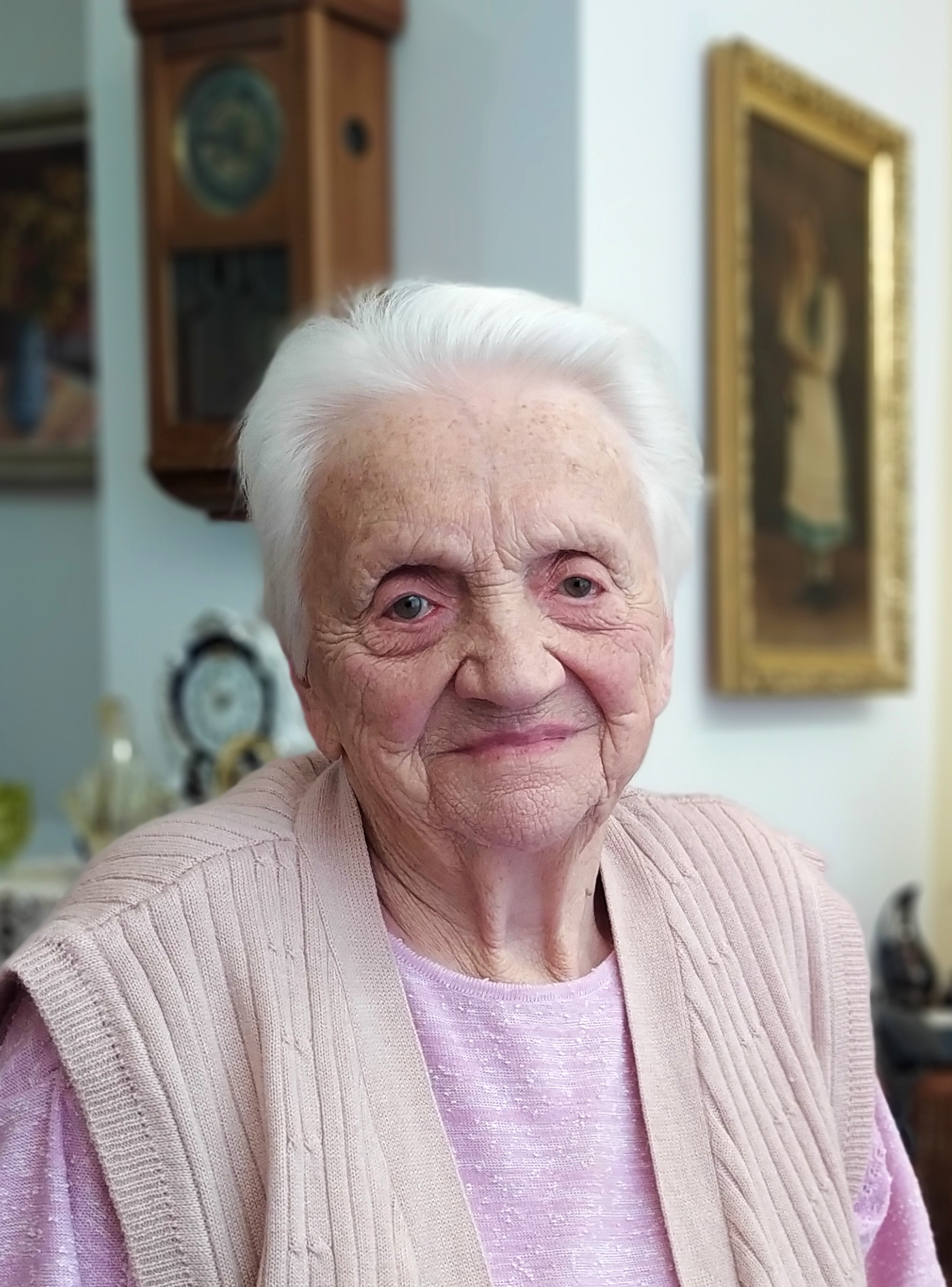
Download image
Růžena Petrášová was born on 10 April 1926 in Český Krumlov to parents Kateřina and Josef Kovář. Her mom cooked at the parsonage, her dad worked in a paper mill, and she had a three-year older brother, Josef. They lived in an apartment with their mom’s mother, grandmother Růžena, who took care of the household. The family was doing well until the occupation of the borderlands in October 1938, when Český Krumlov became part of the German Reich. Thanks to the warning of their neighbours, they left Český Krumlov for České Budějovice by train before the occupation of the Sudetenland on Saint Wenceslas Day on 28 September 1938. The Germans were shooting at the train they were in. In České Budějovice, they found an apartment on Nová Street, where the witness went to school. She had to leave the town school in the 4th grade because it was taken over by the Germans. She then trained to be a seamstress at a local salon. At the age of 17, she met her brother’s friend, a soldier in the government army, whom she married the day before her daughter was born in May 1944. After the war, two Russian soldiers tried to rape her in a park in České Budějovice, so she went to live with her husband’s parents in Zubčice near Velešín. In their barn, they housed six American soldiers who treated her well. After the war, she and her husband moved to Týn u Sokolova, where her husband (as a soldier) became the chairman of the national committee. After some time, he was transferred to Liberec, where the family found a new home. The witness devoted herself to sewing at home and raised her daughter Růžena and son Bohumil. She was widowed in 1971 and did not remarry. In 2022, she lived in Liberec in the Senior Citizens’ Home in the Františkov district.
